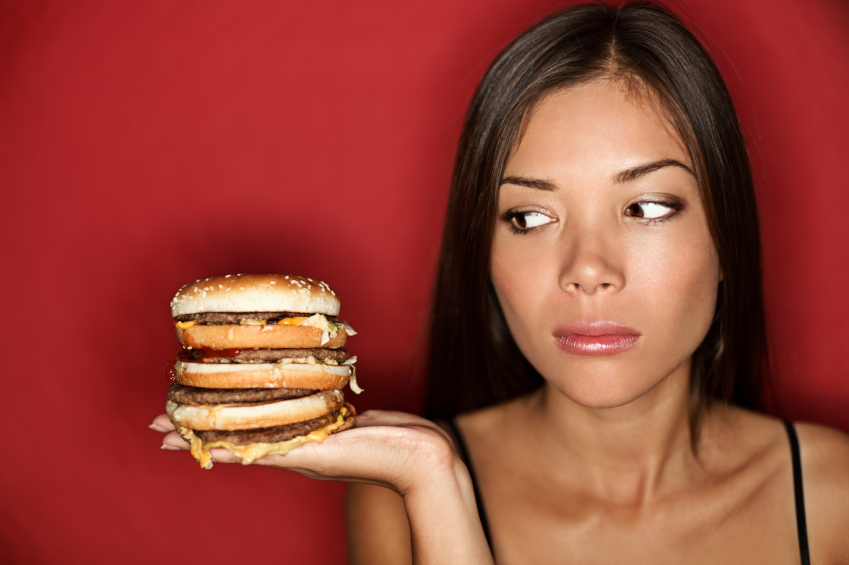You already know what you eat influences how you feel. However, our diet plays an influential role in our mood than not feeling great after one too many burgers. So, how does food affect our mood? Recently, four researchers from Australia tried to solve this puzzle by reviewing the research up to this point.
They found many studies have mainly focused on the effect of a few isolated nutrients (i.e., folate, fish oil, zinc, and magnesium). The findings imply that low levels of any of these nutrients might make a person vulnerable to depression. But before you run to the local pharmacy, consider this, all of these nutrients are part of a healthy diet. Maybe the real issue isn’t a low level of one or two vitamins but is instead an overall low-quality diet.
There’s a lot of research to back this up. Overall, diet is associated with depression in every age group, from the ageing in Japan to middle-aged women in America to children in Australia. In all these groups and many more, a western-style diet (high fat, sugar, processed foods etc.) is associated with depressive symptoms.
You may be thinking, “It is not surprising poor eating habits are associated with depression.” When you’re depressed, all you want to eat is junk. That may be true, but researchers have considered this. They studied people before they were depressed and found that those who ate junk were more likely to experience depression than those who maintained a healthy diet.
Sadly, the story recently got worse. Norway just released research that looked at 23,000 mothers and their children. They found that mothers who ate junk food while pregnant were more likely to give birth to children with behavioural challenges (i.e., aggression, tantrums). The challenges get worse in the first year of a child’s life. Infants introduced to poor eating habits were more likely to develop behavioural challenges, anxiety and depression later in life.
One thing is undoubtedly clear; Westerners have a terrible diet. According to CDC (Centre for Disease Control and Prevention), one in ten people in the United States is consuming a healthy diet. This came as a surprise to me. Perhaps this is one of the reasons why we have high rates of depression in our society. This should not end without mentioning that both psychologists and dieticians can help with these difficulties.
I know this information has affected my eating – at least for today. I hope it does the same for you.
By Dr. Syras Derksen,
Winnipeg Psychologist
References:
Berk, M., Sarris, J., Coulson, C. E., & Jacka, F. N. (2013). Clinical overview: Lifestyle management of unipolar depression. Acta Psychiatrica Scandinavia, 127, 38-54.
Jacka, F. N., Ystrom, E., Brantsaeter, A. L., Karevold, E., Roth, C., Haugen, M., Meltzer, H. M., Schjolberg, S., & Berk, M. (2013). Maternal and early postnatal nutrition and mental health of offspring by age 5 years: A prospective cohort study. Journal of the American Academy of Child and Adolescent Psychiatry. (10.1016/j.jaac.2013.07.002)

